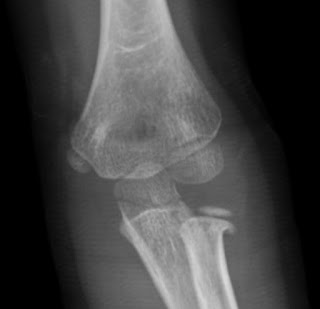Questions We Don’t Like to Ask
When we lived in West Africa, a friend's pregnant relative bled to death in another city on the steps of a hospital that wouldn't treat her because she didn't have cash in hand. I remember feeling appalled and furious as she recounted the situation. Mission hospitals as a general rule will treat anyone, though sometimes national administrators determine the best way to stay in operation is to require the patient or a relative remain on site until the bill is paid. But in much of the world, those who cannot pay do not receive life-sustaining medical care and die either outside the hospital's doors or even in a hospital bed.
It is easier to post about what brings people together: topics like food, nature, education, or children. Because honestly, who could be against these things? But sometimes the harder issues churn in our hearts, begging to be spoken. Matters of injustice, inequity, and corruption. Nearly daily I find myself sorting through medical situations friends (or friends of friends) are navigating. Sometimes, there isn't a good solution to be found.
Broad-spectrum antibiotics, potent steroids, benzodiazepines, and erectile dysfunction medications flow freely from pharmacies in many countries around the world. Medical professionals are often trained in a second or third language because there simply aren't educational resources available in their native languages. Specialist input is not available in most hospitals, including pathology and radiology. Blood transfusions require a one-to-one repayment for which the patient must recruit donors. Patients often leave medical appointments without any understanding of their disease process, much less potential solutions.
The divide in resources available to the poorest patient in the United States and even the wealthy in the majority world is an almost unfathomable chasm. We talk about equity in high income countries as a problem to be addressed, and it is. But the question of equity with the majority world is never raised. Have we made peace with consciences that silently assent to our children having more value than others'?
What if it was our daughter, sister, or friend who was left to die on the steps of a hospital? Would we take to the streets to protest? Pool all our resources to build medical centers with open doors? Cry in our pillows? Plead with the Father for His justice to roll down like mighty waters? Are we ready for Him to answer that prayer? Or are we worried we might have to give up the comfort and privilege we have come to expect as "first-world citizens"?
I don't have the answers, but I am certain we won't find them if we refuse to ask hard questions. So today, I use my small voice to raise a question with the potential to affect change: what if those who suffer around the world are just as valuable in the eyes of God as we are?

Comments
Post a Comment